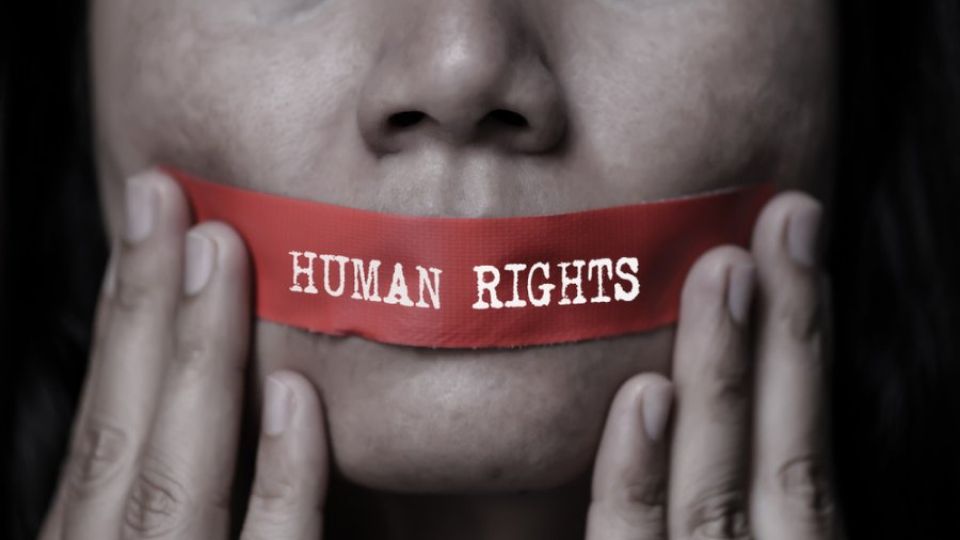April 19, 2023
JAKARTA – Lampung Governor Arinal Djunaidi has become embroiled in controversy over his alleged response to a student who criticized poor infrastructure in the region on the popular video-sharing platform TikTok.
Arinal drew criticism on various social media platforms for allegedly making harsh recriminations against the parents of Bima Yudho Saputro in Lampung, and after the student said in a YouTube video on April 14 that his parents had received intimidation from local authorities and the police.
Bima, who is studying in Australia, did not mention the governor but the public was quick to link the alleged intimidation with Arinal.
A video clip that went viral on Twitter on Monday showed the governor responding in an angry tone when a journalist asked him whether or not he had intimidated Bima’s parents. “Why don’t you ask the parents instead,” he retorted.
This was picked up by netizens across various social media platforms.
Arinal denied the allegations on Monday, saying “I did not [intimidate Bima’s parent],” as quoted by kompas.com.
The incident started when a video Bima uploaded to TikTok on April 7 that criticized damaged roads, stalled infrastructure development and poor education conditions in Lampung went viral.
Not long after, Bima’s parents were summoned by East Lampung Deputy Regent Azwar Hadi to his house where the parents received a call from Governor Arinal, according to Bima’s family spokesperson Bambang Sukoco, as reported by kompas.com. Bambang claimed that Arinal told Bima’s parents that they had failed to educate their son.
Village-assigned police officers (Bhabinkamtibmas) also visited Bima’s mother in her office after the viral video. Lampung Police have denied that the deployment was to intimidate Bima’s mother, saying they were there to protect her.
Last week, Bima was reported to Lampung Police by a lawyer for allegedly inciting hatred and violating the draconian Electronic Information and Transactions (ITE) Law after posting his criticism on TikTok. It remains unclear whether the lawyer was representing his personal interests or those of another. The police dropped the case on Tuesday.
The police dropped their investigation because investigators concluded that they had found no indication of alleged hate speech in Bima’s TikTok post and therefore Bima’s action “does not constitute a crime”, said Lampung Police spokesperson Sr. Comr. Zahwani Pandra Arsyad, as reported by kompas.com.
The conclusion was made after police spoke with expert witnesses, comprising two criminal law experts and a linguist.
But the lawsuit and the police investigation had already drawn criticism from activists, netizens and even lawmakers before the police dropped the case.
Bandar Lampung Legal Aid Institute director Sumaindra Jarwadi said such a lawsuit was a violation of freedom of expression. “Everyone has the right to freedom of association, assembly and expression,” he said, as quoted by kompas.id.
Lawmaker Taufik Basari of the NasDem Party said the ITE Law could not be used to silence critics, while Indonesian Democratic Party of Struggle (PDI-P) secretary-general Hasto Kristiyanto said, “criticism should not be answered with intimidation”.
The ITE Law that was initially used to ensnare Bima has long been viewed as a threat to free speech as it has been used to quell government critics. The Southeast Asia Freedom of Expression Network (SAFEnet) recorded that at least 97 investigations into online critics involving 107 people were pursued by police throughout 2022.
Lawmakers are currently revising the cyberlaw, with the government offering a more lenient punishment in the draft revision by introducing a restorative justice approach for complaint offense case handling.


